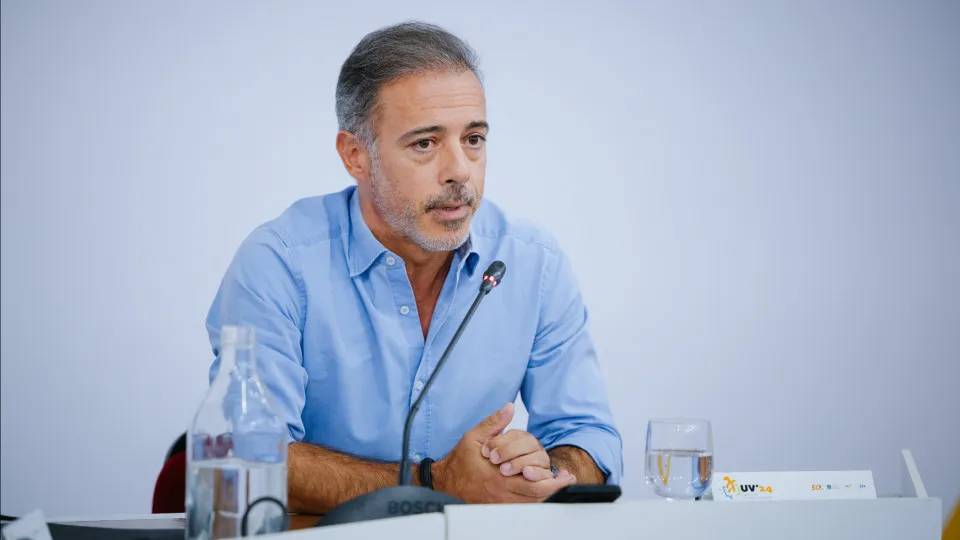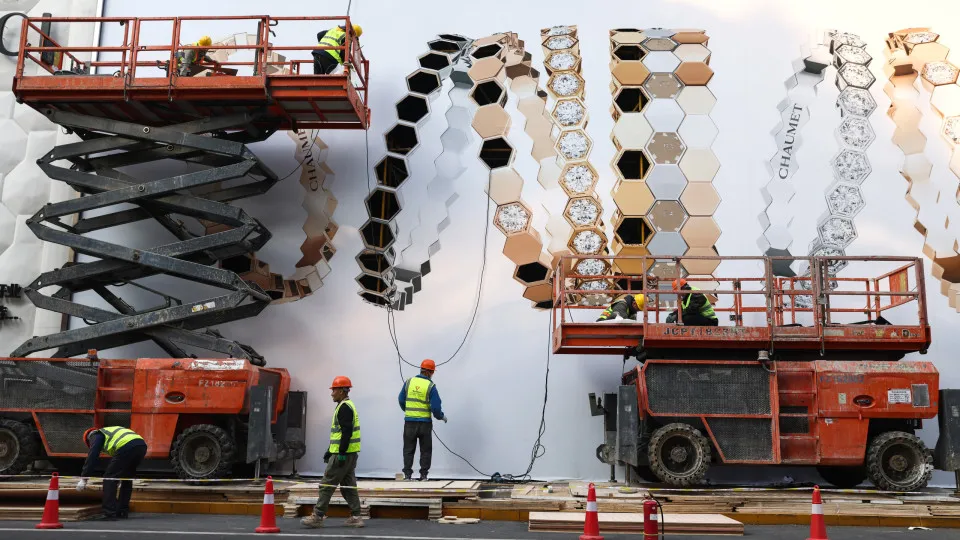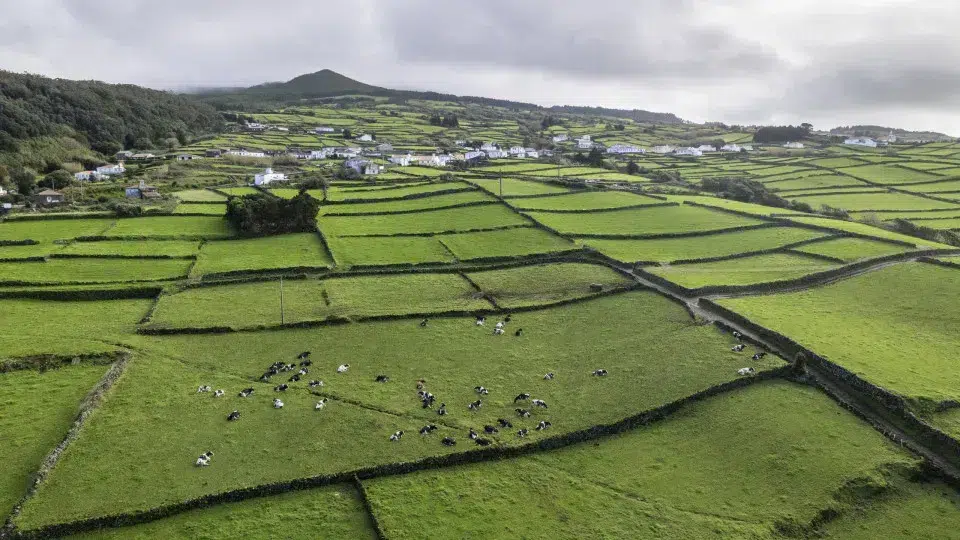Nicolau Santos spoke at the round table “Sustainability and the Digital Future,” part of the conference ‘Media and the Digital Future: 20 Years of Regulation,’ held at the Orient Museum in Lisbon.
“The Portuguese market only has a future if regulation truly allows for a market, rather than just the presence of Portuguese players in an ecosystem that belongs to others, global tech platforms,” he stated, noting that “this point, more than any other, truly determines sustainability.”
“Without strong, intelligent, and cooperative regulation by the ERC [Entidade Reguladora para a Comunicação Social] and Anacom [Autoridade Nacional de Comunicações] in this area, no individual strategic plan from RTP or private entities is enough to guarantee the future,” the manager affirmed.
The essential competition, “at this moment, is not among the people around this table,” said the president of RTP, referring to the various members of the roundtable.
“The essential competition is no longer TV versus streaming, nor global international platforms versus national media. It is non-auditable recommendation systems versus verifiable pluralism,” Nicolau Santos continued.
“It is global AI, global artificial intelligence, versus Portuguese media spaces,” he emphasized.
Thus, “we believe, in our reflection, that regulators should have the capability and possibility to intervene in new areas, namely in equal access to AI infrastructures, promoting technological neutrality, preventing dominant positions by global platforms in interoperability, algorithmic transparency (…) and equitable licensing of advanced content distribution models, whether search engines, social networks or artificial intelligence, with fair compensation for the use of national content,” he argued.




